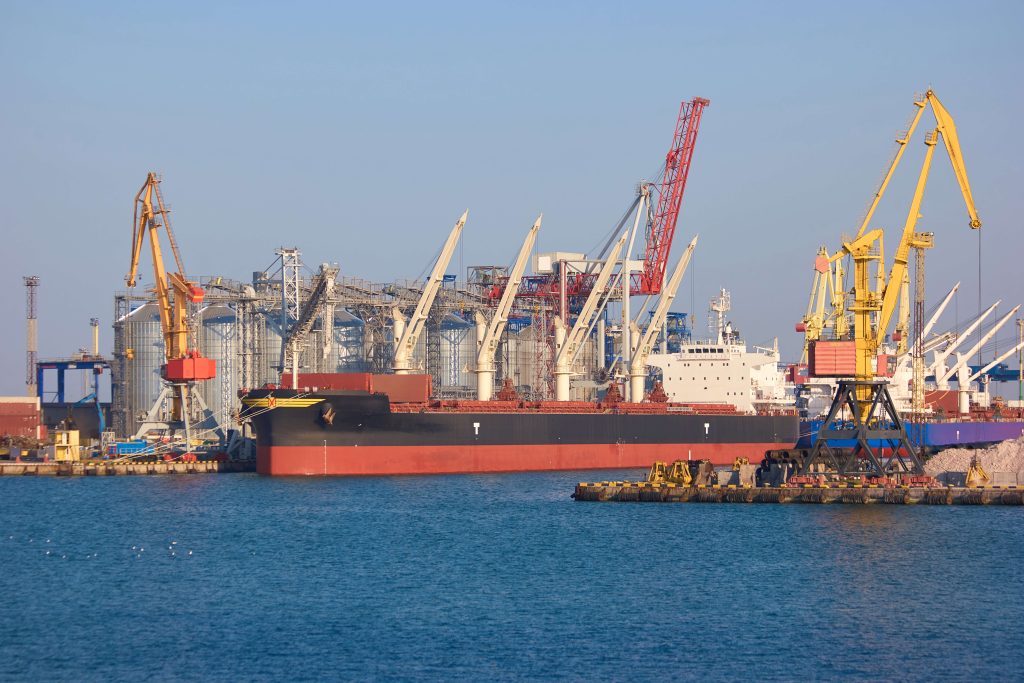
In the increasingly globalised world of business, the freight forwarding sector plays a pivotal role. For UK businesses exporting goods to Europe, the meticulous orchestration of palletised freight is fundamental to supply chain efficiency. Entrusting this pivotal role to specialists, like Barrington Freight, ensures a seamless transition from factory to final destination. As proud members of BIFA and FIATA, they are adept at executing a broad spectrum of loads, including groupage, full loads, part loads, and express freight. This piece provides an in-depth overview of pallet specifications essential for successful road freight from the UK to Europe.
The Necessity of Complying with Pallet Standards in International Freight
For businesses in the UK aiming to transport goods to Europe, adherence to pallet standards is paramount. These standards, set forth by the European Pallet Association (EPAL), serve as benchmarks for ensuring uniformity, facilitating easy exchange and compatibility, and thus optimising logistics processes. Complying with these stringent yet vital standards significantly decreases the risk of costly delays, damaged cargo, or outright rejection at the destination port.
Expertise in this realm is what Barrington Freight brings to the table. Their extensive understanding of these standards, coupled with the ability to effectively guide businesses through these complexities, significantly mitigates the risk of non-compliance. The firm’s commitment to these standards is evident in its unparalleled service delivery, underscoring the significance of entrusting your freight to industry professionals. Through a comprehensive awareness of these standards, Barrington Freight contributes to smooth, efficient road freight operations, proving an indispensable partner for businesses venturing into the European markets.
Crucial Pallet Specifications: Size, Material, and Load Capacity
The core specifications in focus when dealing with pallets for shipping to Europe encompass size, material, and load capacity. For size, the widely accepted standard is the Euro pallet, with dimensions of 800x1200x144mm. In terms of materials, wooden pallets are primarily used due to their durability and cost-effectiveness. However, it’s essential that the wood is ISPM15 treated, a crucial requirement for shipping pallets internationally. This treatment is vital in preventing the spread of pests, thus safeguarding our global ecosystems.
Load capacity also factors significantly. The maximum payload of a Euro pallet is typically around 1500 kg, although this can vary based on factors like pallet quality and load distribution. This is why professional freight forwarders such as Barrington Freight carefully assess the quality and load-bearing characteristics of every pallet they handle. Their due diligence ensures compliance with all relevant regulations and standards, mitigating the risk of load failure or damage in transit. These parameters underscore the precision and attention to detail required in the facilitation of palletised shipping – a task Barrington Freight accomplishes with finesse and proficiency.
Maximising Efficiency in Road Freight: Optimal Pallet Configuration and Load Techniques
Efficiency in road freight is greatly influenced by how pallets are configured and loaded. Ensuring a balanced load, not exceeding the pallet’s specified capacity, and aligning the load with the pallet’s dimensions can significantly optimise freight efficiency. Moreover, utilising the correct stacking technique – block, column, or interlocking – contributes to maximising space usage while safeguarding cargo integrity.
Barrington Freight, with its profound understanding of these dynamics, can significantly enhance road freight performance. They do not merely load pallets; they strategise each load, meticulously planning for optimum space utilisation and safe transit. Their proficiency allows for optimised pallet configuration, ultimately leading to more cost-effective and punctual freight operations. The substantial value added by Barrington Freight demonstrates the irreplaceable advantage of their professional service, which lies not only in the shipment of goods but in the strategic, thoughtful management of every aspect of the palletised freight process.
To conclude, understanding and applying the correct pallet specifications is integral to successful shipping from the UK to Europe. This encompasses knowledge of international standards, pallet size, material, load capacity, and efficient loading techniques. The complexities and technicalities involved illustrate why many businesses opt to entrust this crucial task to specialists like Barrington Freight. Their expertise and professionalism enable seamless, efficient freight operations, allowing businesses to focus on their core activities while ensuring their goods reach European markets efficiently and securely.









